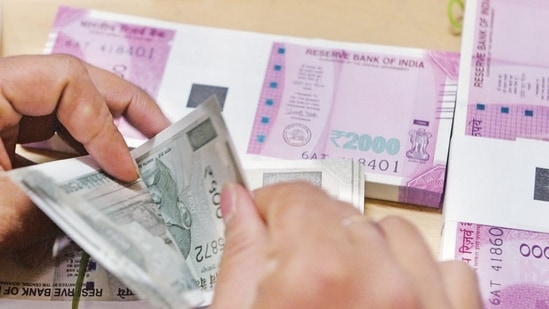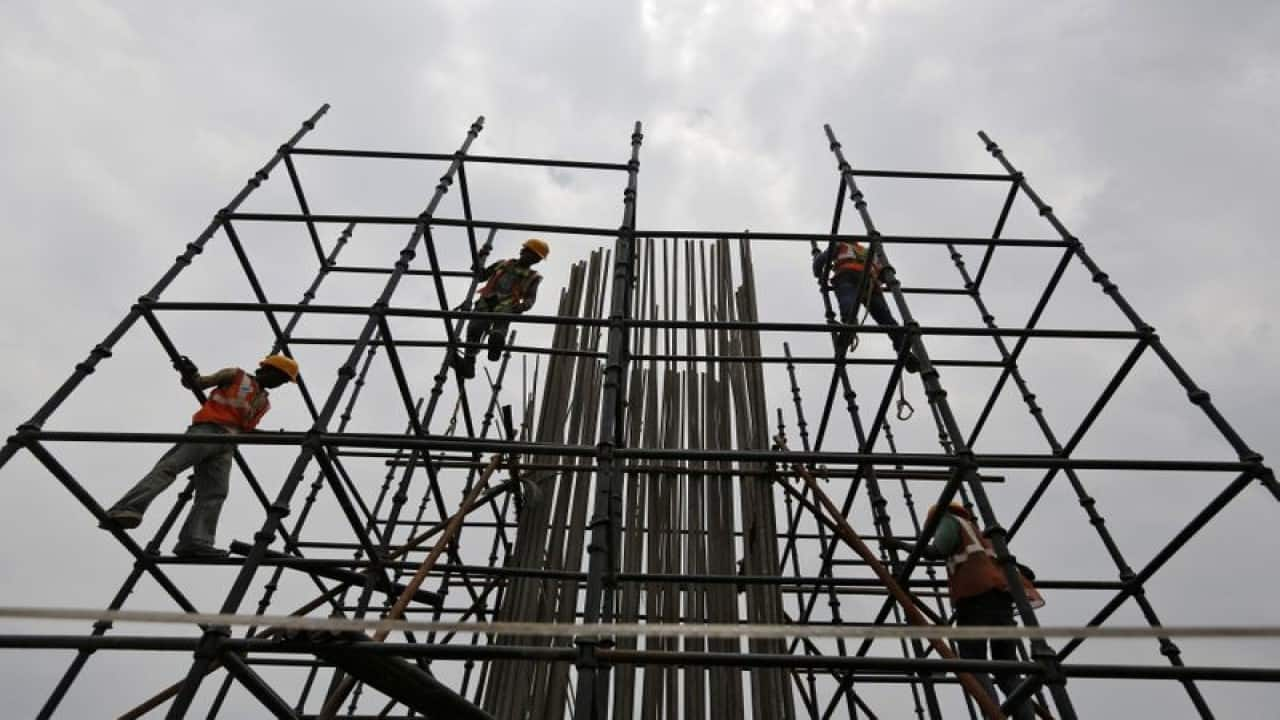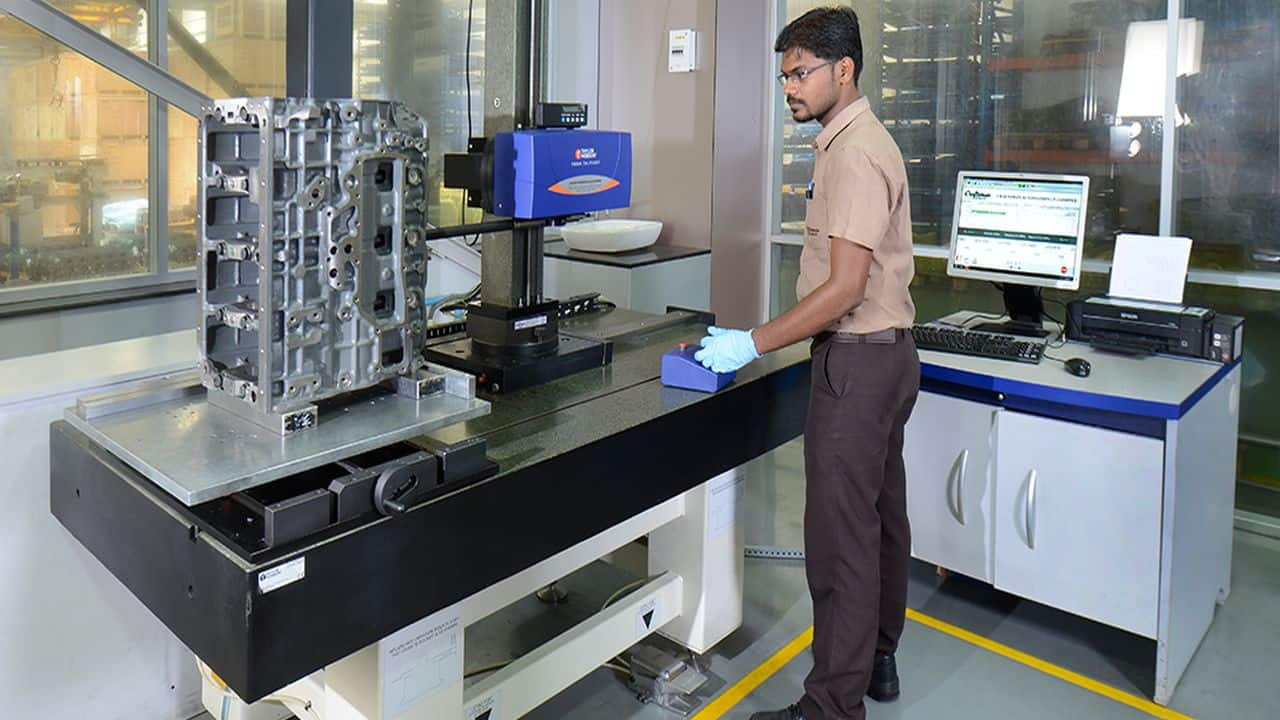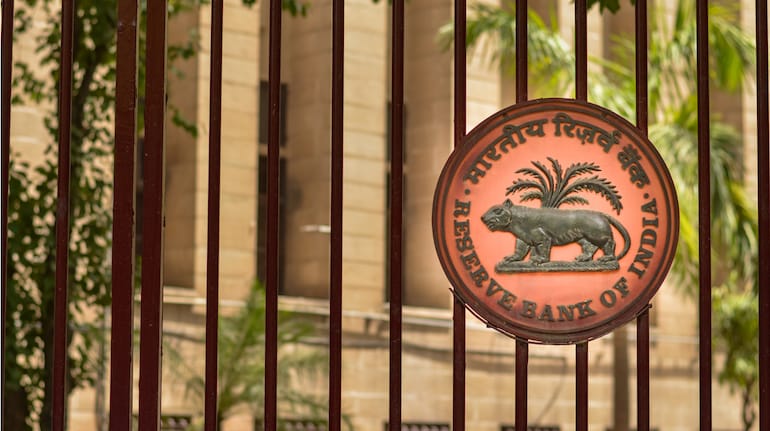India’s policymakers and top government officials boast how the country has emerged as a strong growth story in comparison to challenges outside in the world. In fact, many overseas experts too have voiced how India is better positioned and is an attractive investment destination.
For the rebound story in the post-Covid world among the sectors, real estate is one that can claim a lot of laurels this year. (Tax breaks, jobs or plan to beat China: What will Budget 2023 offer? Click to know)
A report by PropTiger showed residential real estate sales in India have breached 2021 levels, witnessing a 50 per cent YoY growth. New launches strengthened during 2022 and registered a growth of 101% YoY with a total of 4,31,510 new homes launched during the calendar year 2022. NRI investments in the sector are also likely to surge, while New Delhi mulls several measures to ease compliance burden and improve sentiment for the industry.
The pent-up demand of the last two years and the strong need to own residential properties in the wake of the pandemic were among the major demand drivers behind the strong revival in the real estate sector, said Dhruv Agarwala, Group CEO at
Housing.com. Moreover, the sales momentum has remained intact despite higher home loan rates. Leasing of office, retail and warehousing spaces also recovered this year.
Meanwhile, the Indian residential segment is at the cusp of a long-term growth cycle, ANAROCK Group’s Chairman Anuj Puri said.
“This is largely because in the last decade, when western markets and China saw significant increases in their housing prices, prices in India remained subdued. In sharp contrast to China, India has been seeing a manifold increase in homeownership sentiment post the pandemic and its exigencies, and this trend will continue,” he added. End-users will dominate the market and branded developers will continue to gain more market share.
For more impetus, real estate stakeholders now look forward to India’s Budget announcements for the next fiscal year starting April 1. They mostly look for tax benefits, which will help the industry take on the world. Let’s take a look at key expectations from some of the industry’s top stakeholders.
Akhil Gupta, Co-Founder and CTO, NoBroker.com
Real estate sector is critical for the growth of the economy. The sector will see a boom in the decade to come. There will be rapid urbanization as many more people will move towards the cities; which will in turn increase the demand for residential housing across cities.
The last two decades belonged to China because of manufacturing, factories, concentrated supply of houses, etc. Although China has seen immense growth in the past, it is currently seeing a downturn. Right now, the entire world is looking up to India and we are positive that India will experience phenomenal growth over this decade.
The key challenge impeding the Indian real estate sector's growth is to deliver projects faster to match the pace of demand. The construction activity has not kept pace with the demand due to the pandemic. As a result, the rentals have shot through the roof and the prices of residential units have also shot up. The Indian government should find a way to incentivise builders to develop projects faster. At the same time, if it can lower the rate of borrowing, it will boost the demand.
Currently, the tax cap on housing loans is INR 2 lakh. It has been the same since FY 2016-17. During these years there has been inflation as well. The tax exemption amount should be revised to INR 5 lakh so there is more money in customers' pockets. The Government should incentivise people to buy more properties.
Earlier, there used to be unlimited tax savings on second houses. That was very helpful and people used to rely on real estate as an investment opportunity. The tax saving of a cap of INR 2 lakhs on housing loans should be increased. In the last few years, the prices of houses have increased, and interest rates have also increased. India saw a 6-7% inflation rate over the years. And the government should contemplate revision of 80C deductions and increase the cap of rebate. This will automatically give a boost to the housing sector.
Anuj Puri, Chairman – ANAROCK Group
In the short-term, high inflation and the possibility of a recession in the global markets are among the major risks for the Indian residential segment. Further, repo rate hikes by the RBI may also become a challenge as home loan rates continue to rise. ANAROCK’s recent consumer sentiment survey highlights that if home loan interest rates breach the 9.5% level, it could markedly impact residential sales.
There is an express need for more tax sops for homebuyers as well as investors. The INR2 lakh tax rebate on housing loan interest under Section 24 of the Income Tax Act needs to be hiked to at least INR 5 lakh. This will add momentum to housing demand, particularly in the affordable segment
The Budget should offer a degree of personal tax relief, either by ways of lower tax rates or by readjusting tax slabs. Doing so would also help boost housing absorption. The last increase in the deduction limit under Section 80C (to INR 1.5 lakh a year) was in 2014.
Another favourable revision is long overdue, though it is admittedly unlikely.
Anshuman Magazine, Chairman & CEO - India, South-East Asia, Middle East & Africa, CBRE
The residential sector has seen record sales and launch activity in 2022 as the market turned end-user driven. We expect this trend to sustain in the coming year and homebuyer sentiment to remain positive as we near the end of the RBI’s monetary tightening cycle. However, we expect to see the impact of global headwinds such as economic uncertainty and inflation to impact the real estate decisions of occupiers for the short term, although the resilience and continued attraction of the India market is expected to curtail this impact to a large extent.
Persistent inflation may pose a challenge in the short term. However, RBI’s tightening measures have started to show positive results, with inflation levels beginning to normalise. This could signal an end to RBI’s monetary tightening, which would prove beneficial for residential real estate as it would signify that home loan rates would not grow further, thereby boosting homebuyer sentiments.
The limit of principal deduction on housing loans under Section 80C of Income Tax Act (IT Act) 1961 stands at INR 1.5 lakh per annum. We recommend that this be increased to at least INR 4 lakh per annum. This tax deduction can also be entirely moved out of section 80C, since it gets clubbed with other instruments such as LIC, PPF etc.
The limit of interest deduction limit under Section 24 of the IT Act on housing loan stands at INR 2.0 lakh per annum, respectively, to incentivize homebuyers. We recommend that this limit of INR 2 lakh per annum be increased to at least INR 4 lakh per annum.
Currently, notional rent on a second completed, non-self-occupied / let-out property is taxable. Homebuyers can save up to INR 2 lakh in taxation by offsetting their home loan interest against this notional rent. We recommend this tax be removed, or the INR 2 lakh limit be raised to drive capital towards the residential sector.
Long-term capital gains from the sale of house property is presently taxed at 20% through a special provision similar to Section 112 for equity shares. In addition, the period of holding of house property is currently 24 months to qualify as Long-term Capital Asset (Section 54 of IT Act 1961). It is recommended that the tax rate be reduced from 20% and holding period for a property be reduced from 24 months to 12 months so that there is no capital gains tax liability for the same. The cap of INR 2 crores on capital gains for reinvesting in two properties should also be removed.
While the SWAMIH fund recently got a capital infusion of INR 5,000 crore, we recommend increasing its overall size to INR 50,000 crore as post COVID-19, last-mile funding to stressed housing projects has become imperative to boost residential activity and consumer sentiments.
The External Commercial Borrowing (ECB) framework, issued by the RBI under FED Master Direction No.5/2018-19, prohibits companies availing ECB from using the proceeds for construction or development of regular housing projects and there is ambiguity regarding their usage for acquisition of land for affordable housing projects. To further enable growth in the real estate sector, it is recommended that these relaxations be provided under the ECB framework.
Dhruv Agarwala, Group CEO, Housing.com, Proptiger.com, and Makaan.com
It was a good year for the entire real estate sector after a long gap, looking past the disruptions in the last five-to-six years caused by demonetisation, the introduction of RERA & GST, the NBFC crisis and of course, the COVID-19 pandemic. We strongly believe that the real estate sector will continue on a growth trajectory in 2023 as well.
Housing sales have bounced back strongly after the second wave of the COVID pandemic. However, the rising interest rate on home loans is a concern. To sustain the demand, the real estate sector needs support in the upcoming budget.
There is a strong case for interest subsidy to first-time homebuyers as this will boost sales in the real estate sector, which is not only the second biggest employer in the country but it also creates demand for 200 other industries including cement and steel.
The Finance Minister should also consider the industry’s long-pending demand for an increase in tax incentives for both principal and interest paid on home loans by borrowers and a single window clearance mechanism for projects.
Gautam Thacker, Chairman, Neral Karjat - NAREDCO Unit
Indian Real estate is set to see robust growth in the coming decade. But to achieve this, it has a lot of catching up to do.
The key challenges facing Real estate are: availability of credit, complexities in land and approvals, availability of resources and skilled labour, high tax regime including local taxes and premiums. Real estate is subject to taxations at all levels, many representations have been made to the government from time to time by the industry and we are positive that the authorities have understood the challenges and they are also on the same page. This budget we expect a lot of these issues will be addressed and the Real estate sector will have smooth operations.
The major tax announcements that we look forward to include allowing input tax credit to the real estate sector. Reduction of GST in key materials like cement, blocks etc. Allowing higher deduction on housing loan interest to the end users. Removal of deemed taxation provisions for taxing unsold inventory and rentals in case of buyers
Adblock test (Why?)
Homebuyers must get tax benefits in Budget to make India's real estate take on the world, say stakeholders - Economic Times
Read More























